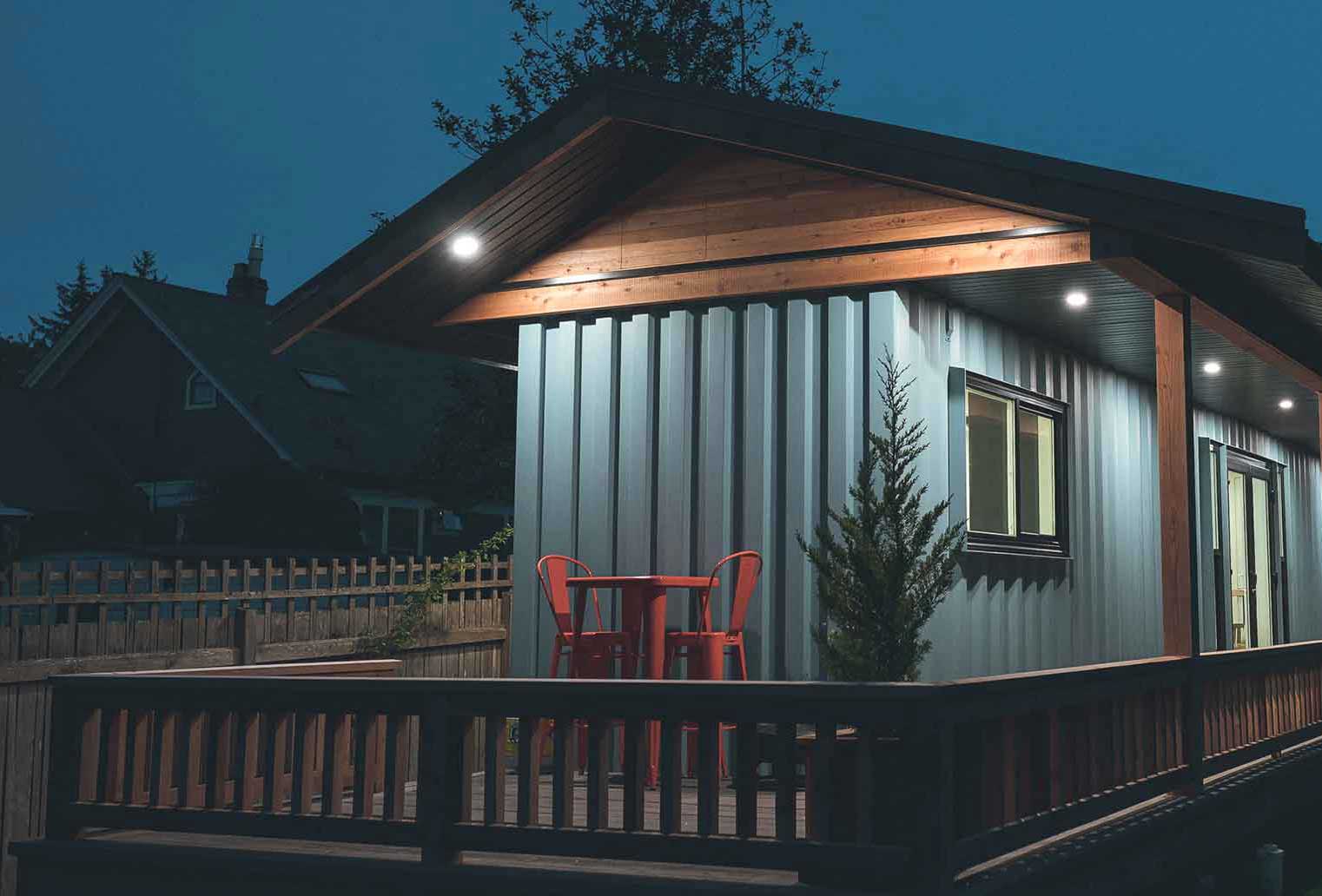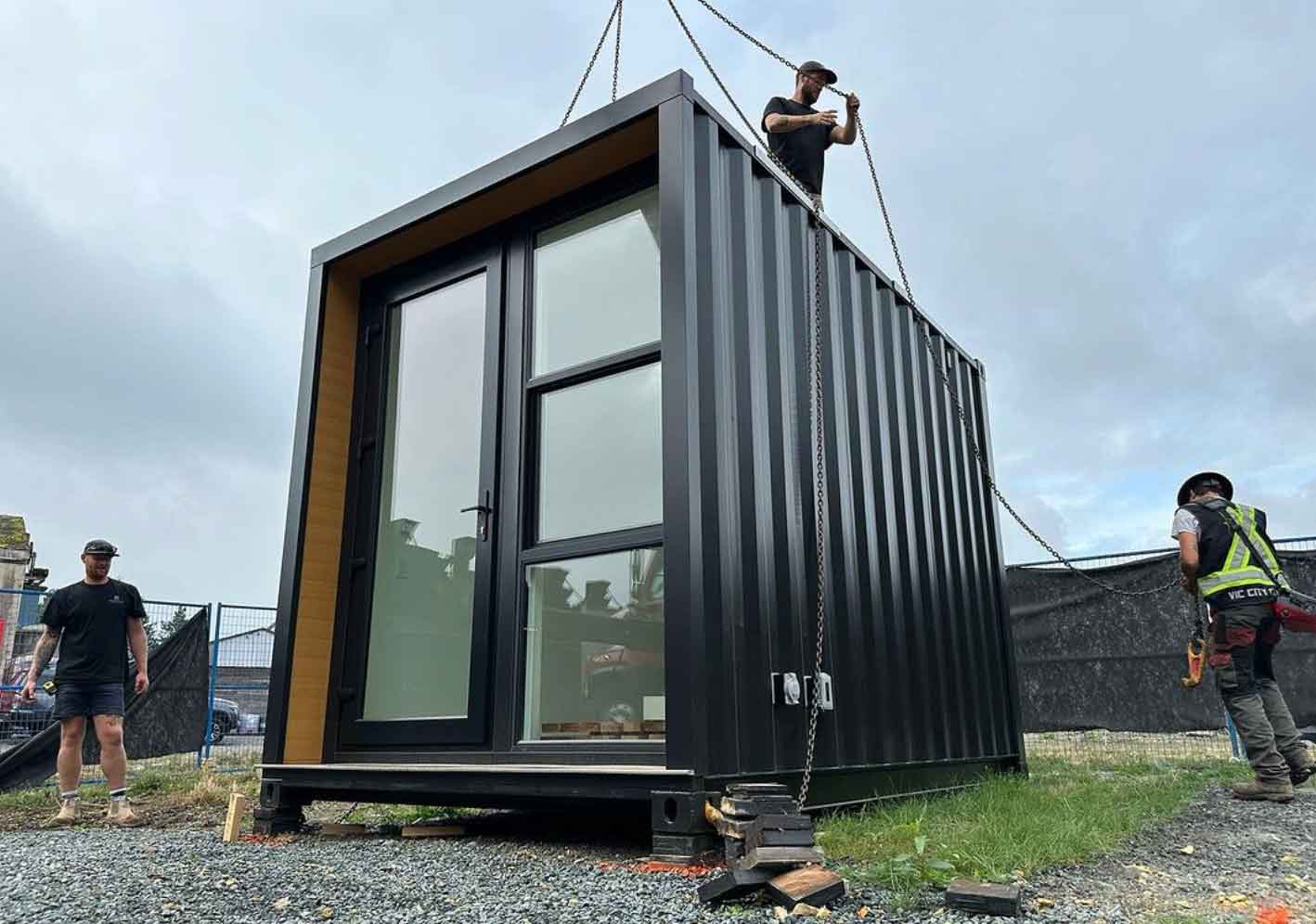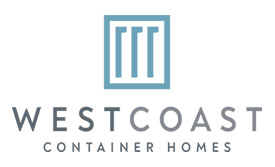
In recent years, Vancouver has witnessed a remarkable surge in the popularity of prefab homes, modular units and tiny homes on wheels, marking a shift in mindset from traditional construction methods. Prefabricated—or prefab homes as they are commonly referred to— are structures built off-site and then transported to their final location for assembly. Modular units—or in our case, ‘Pods’— refers to structures that are built off site and able to be transported to their final location for instant installation. Tiny homes on wheels are, as their name suggests, transportable structures that are ‘towable’ in nature. This innovative approach to housing has gained traction over the past few years, reflecting a shift in the way people think about architecture, sustainability, and transient, urban living. There are many reasons that this shift is taking place—let’s explore them.
Escalating Housing Costs
Vancouver has long been plagued by soaring housing costs, making it one of the most expensive cities to live in globally. Traditional construction processes can often intensify this issue, as the time and labor involved in on-site building contribute to significantly higher expenses. Prefab homes and Modular ‘Pods’ offer a cost-effective alternative, as they are typically manufactured in controlled environments, reducing the impact of both weather delays and labor inefficiencies. The streamlined production process and economies of scale associated with prefab construction make for more affordable housing options for Vancouverites and Canadians across the country.
Rapid Urbanization and Population Growth
As Vancouver continues to attract a growing population, the demand for housing has intensified. Prefabricated homes and drop-in container pods provide a quick and efficient solution to this demand, allowing for faster construction timelines compared to traditional building methods. The modular components of prefab homes can be manufactured concurrently while site preparation is underway, significantly reducing the overall construction timeline. This rapid deployment is crucial in meeting the urgent housing needs of a city experiencing rapid urbanization and population growth. Further to this, some of the ‘smaller scale’ solutions utilizing structurally sound shipping containers, such as West Coast Container Homes modular Pods, require little to no site prep, further reducing costs for the end user.
Sustainability and Environmental Consciousness
Prefab homes have great sustainability benefits. The controlled environment of the manufacturing facility allows for precise material usage, which minimizes waste. The use of sustainable materials (such as shipping containers) and energy-efficient designs has also become a hallmark of many prefab home manufacturers. Vancouver, a city that places a strong emphasis on environmental conservation, has embraced prefab homes as a means to align with its green building initiatives. These homes often come equipped with energy-efficient appliances, solar panels, and other eco-friendly features, appealing to a generation of homebuyers increasingly concerned about their ecological footprint.

Architectural Innovation and Design Flexibility
Contrary to the misconception that prefab homes are one-size-fits-all, these structures offer a surprising degree of architectural innovation and design flexibility. Vancouverites are increasingly drawn to the customizable nature of prefab homes, allowing them to tailor their living spaces to their own unique preferences. Modern prefab homes showcase cutting-edge designs, incorporating the latest trends in architecture. The modular nature of prefab construction allows for a variety of layouts and configurations, challenging the notion that prefab homes lack the beauty of traditionally built homes..
Technological Advancements
Advancements in technology have played a pivotal role in the resurgence of prefab homes. Computer-aided design (CAD) and manufacturing technologies have enhanced precision and efficiency in the production process. Automation has further streamlined the assembly of prefab components, ensuring high-quality construction standards. These technological innovations not only reduce the margin of error but also contribute to the overall durability and resilience of prefab homes. Vancouverites, known for their embrace of technological advancements, find this integration of technology into housing construction appealing.
Zoning and Regulatory Support
In response to the housing challenges faced by cities like Vancouver, there has been a growing recognition of the need to adapt zoning and building regulations to accommodate alternative construction methods. Vancouver has been at the forefront of this trend, with policymakers recognizing the potential of prefab homes to address housing shortages. Changes in zoning regulations, coupled with financial incentives for developers and homebuyers, have created a conducive environment for the growth of prefab housing in the city.
Get Started on a Prefab Home
If you would like to explore the option of a prefab home or adding a modular living pod to your current home (like an office pod!) It is best to find a local professional who can explain your options to you and guide you through the process. West Coast Container Homes is located on Vancouver Island and can ship and install your drop-in modular space anywhere you need it. Contact the team at West Coast Container Homes and explore your options with their team of experts or check out their online gallery to see what they are capable of. The sky’s the limit when it comes to prefab homes and modular pods!
